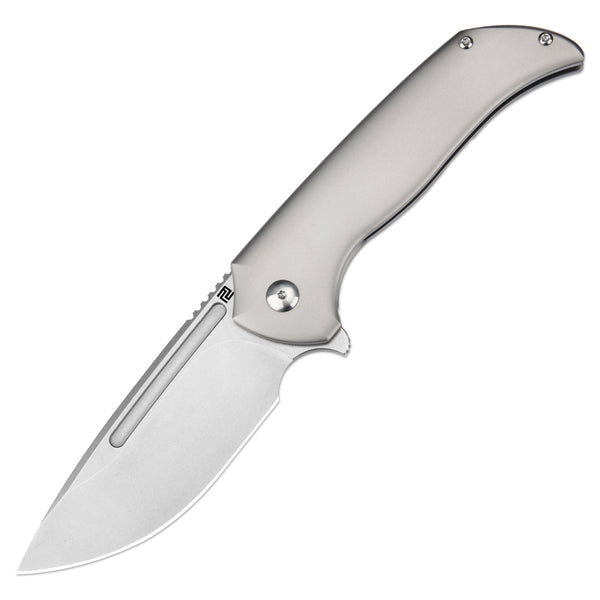When it comes to knives and cutting tools, the Wharncliffe blade has been gaining attention for its unique design and versatile applications across various industries. In this article, we will delve into the characteristics of the Wharncliffe blade and explore its wide-ranging uses in different fields.

The Anatomy of a Wharncliffe Blade
The Wharncliffe blade is characterized by its straight edge and a spine that tapers gradually to meet the edge at an acute angle. This design results in a very sharp point and a straight cutting edge, making it ideal for precision cutting and slicing tasks. The blade's straight edge allows for maximum control and accuracy, while the sharp point enables detailed work.
Unlocking the Versatility of Wharncliffe Blades: Applications across Industries
One of the key features of the Wharncliffe blade is its versatility, which allows it to be used in a wide range of industries. From woodworking and construction to medical and culinary fields, the Wharncliffe blade has found its place as a valuable cutting tool.
Woodworking and Construction
In woodworking and construction, the Wharncliffe blade is prized for its precision and control. Whether it's shaping wood, cutting drywall, or scoring materials, the straight edge and sharp point of the Wharncliffe blade make it an indispensable tool for craftsmen and builders.
Medical and Culinary Fields
In the medical field, the Wharncliffe blade is used for delicate surgical procedures that require precise incisions. Similarly, in the culinary world, chefs rely on the Wharncliffe blade for intricate food preparation tasks, such as peeling, trimming, and garnishing. Its sharp point and straight edge make it perfect for creating clean, uniform cuts.
Furthermore, the Wharncliffe blade's versatility extends to everyday carry knives, where its design makes it an excellent utility tool for tasks such as opening boxes, cutting ropes, and performing general cutting duties.
Conclusion
In conclusion, the Wharncliffe blade's unique design and versatile applications make it a valuable tool across various industries. Its straight edge, sharp point, and overall precision make it an ideal choice for tasks that require accuracy and control. Whether it's woodworking, construction, medical procedures, culinary arts, or everyday carry, the Wharncliffe blade continues to prove its worth in diverse settings.


